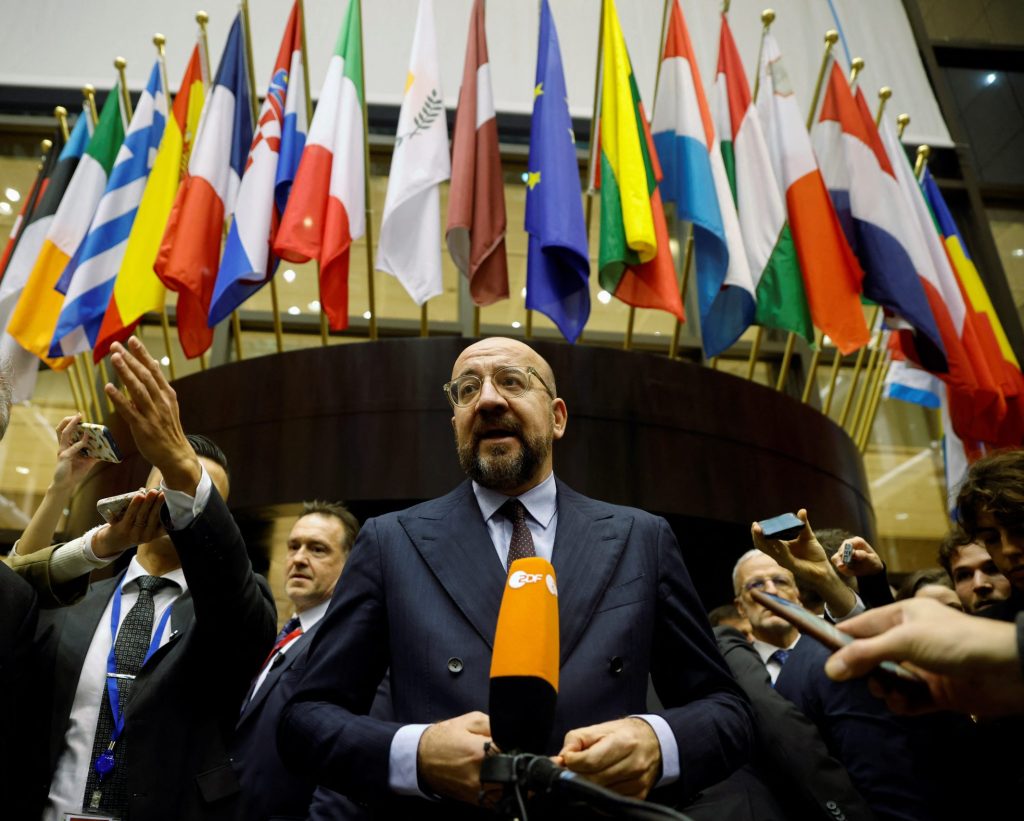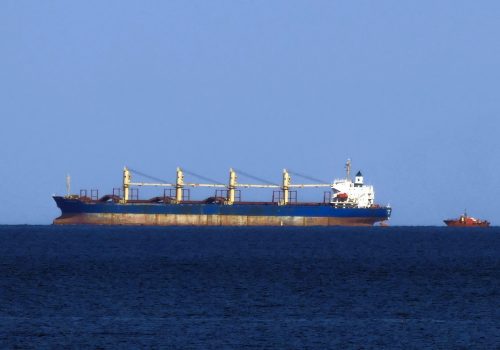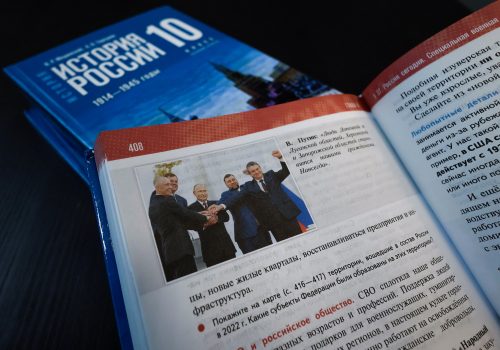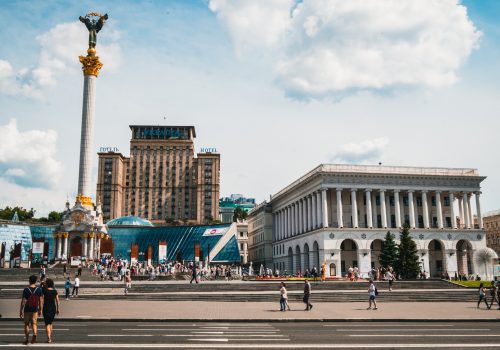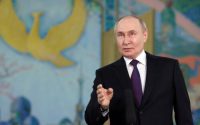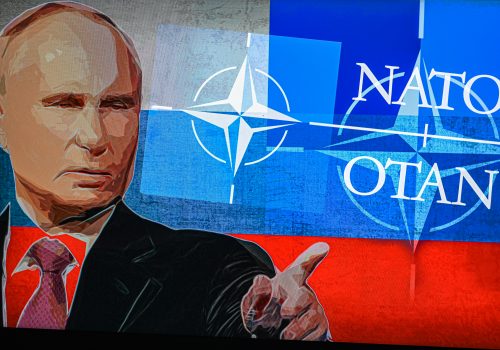
Historic breakthrough for Ukraine as EU agrees to begin membership talks
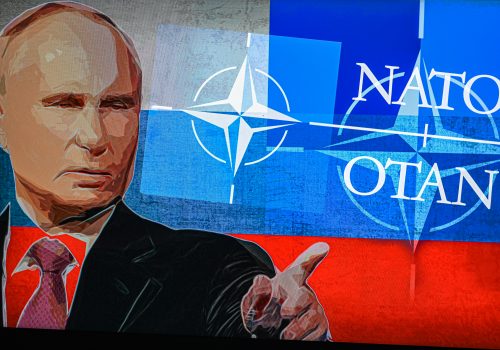
European leaders have today agreed to officially start accession talks with Ukraine. This landmark decision is a big step toward Ukraine’s future membership in the European Union and a morale-boosting victory for Ukrainians as they defend their country against Russia’s ongoing invasion.
As news emerged of what was widely viewed in Ukraine as an historic breakthrough, Ukrainian President Volodymyr Zelenskyy led the country’s celebrations. In a series of social media posts, Zelenskyy said the decision to begin EU membership talks was a victory for Ukraine and for all Europe. “History is made by those who don’t get tired of fighting for freedom,” he commented.
Senior European Union officials in Brussels also shared in the celebratory mood. European Commission President Ursula von der Leyen, who long been a vocal candidate of closer EU ties with Ukraine, said the step to open membership talks was “a strategic decision and a day that will remain engraved in the history of our Union.”
Stay updated
As the world watches the Russian invasion of Ukraine unfold, UkraineAlert delivers the best Atlantic Council expert insight and analysis on Ukraine twice a week directly to your inbox.
The news from Brussels has provided Ukrainians with some timely cheer amid mounting gloom due to the military stalemate in the war with Russia and signs of a weakening in Western resolve to continue backing Ukraine into 2024 and beyond. In recent months, a major new US aid package for Ukraine has become hostage to domestic politics, while internal divisions have emerged within the EU over ambitious plans to provide Ukraine with a long-term support program. Meanwhile, pledges of new aid from Ukraine’s international partners have fallen to their lowest level since the start of the Russian invasion.
These negative signals have caused considerable alarm among Ukrainian audiences, and have fueled a wave of international speculation over the potentially disastrous consequences of a Russian victory if Ukraine is abandoned. Meanwhile, the mood in Moscow has become increasingly jubilant, with Putin boasting recently that Ukraine would have “one week to live” if Western military aid came to a halt.
The EU’s decision will significantly alter the optics around the Russian invasion while providing new impetus to Ukraine’s war effort. While the start of accession negotiations does not come with any guarantees of future EU membership, it represents a major milestone for Ukraine in a geopolitical reformation that first began decades ago and has gained unprecedented momentum against the backdrop of Russia’s invasion.
Since 1991, all of independent Ukraine’s political leaders have paid lip service to the country’s European identity. However, during the early years of independence, almost nothing was done to promote Ukraine’s EU integration. This lack of progress was highlighted in 2002 when European Commission President Romano Prodi suggested Ukraine was about as plausible a candidate for EU membership as New Zealand.
Things changed in 2004 when millions of Ukrainians took to the streets to protest a rigged presidential election and defend their country’s fledgling democracy. The Orange Revolution was to prove a watershed moment for Ukraine and the wider post-Soviet region. It marked an ideological parting of the ways with Putin’s increasingly authoritarian Russia, while putting Ukrainian integration on the EU agenda for the first time.
Eurasia Center events

In the years following the Orange Revolution, Kyiv and Brussels began negotiating a comprehensive EU-Ukraine Association Agreement. By the time this document was finally ready, pro-Kremlin politician Viktor Yanukovych had become president of Ukraine. Despite favoring closer ties with Moscow, Yanukovych had made an election campaign promise to maintain Ukraine’s European integration. However, just days before he was set to sign the Association Agreement, Russia pressured Yanukovych into a dramatic U-turn. This rejection sparked a repeat of Ukraine’s 2004 street protests. After months of heavy-handed crackdowns including the killing of dozens of protesters, Yanukovych was eventually deserted by his Ukrainian allies and fled to Russia. Days later, Russian troops began the invasion of Ukraine with the seizure of Crimea.
The war unleashed by Vladimir Putin in February 2014 has driven Ukrainian support for EU integration to record highs. Prior to 2014, opinion polls often identified similar levels of Ukrainian public backing for closer ties with both Russia and the European Union. However, the past decade of escalating Russian aggression has drastically reduced any lingering enthusiasm for a return to the Kremlin orbit. Instead, recent surveys consistently indicate that around eighty percent of Ukrainians back EU membership. This shift in opinion is mirrored across the EU, where support for future Ukrainian membership has grown considerably since the start of Russia’s full-scale invasion.
Over the past decade, Ukraine’s EU aspirations have come to represent the country’s dreams of a national transformation away from the authoritarian past and toward a democratic, European future. Russia’s increasingly violent response to these aspirations has served to convince more and more Ukrainians of the need to turn decisively away from Moscow and pursue EU membership.
This sentiment is now shared by a clear majority of European leaders, who have reached the conclusion that Ukraine can no longer remain in the geopolitical grey zone and must instead be integrated into the EU. The road ahead toward eventual membership remains long and challenging, but today’s decision is a big win for Ukrainians and a huge moment in Ukraine’s historic return to the European community of nations.
Peter Dickinson is editor of the Atlantic Council’s UkraineAlert service.
Further reading
The views expressed in UkraineAlert are solely those of the authors and do not necessarily reflect the views of the Atlantic Council, its staff, or its supporters.

The Eurasia Center’s mission is to enhance transatlantic cooperation in promoting stability, democratic values and prosperity in Eurasia, from Eastern Europe and Turkey in the West to the Caucasus, Russia and Central Asia in the East.
Follow us on social media
and support our work
Image: European Council President Charles Michel speaks to members of the media, on the day of the European Union and Western Balkans leaders’ summit, in Brussels, Belgium December 14, 2023. (REUTERS/Johanna Geron)
